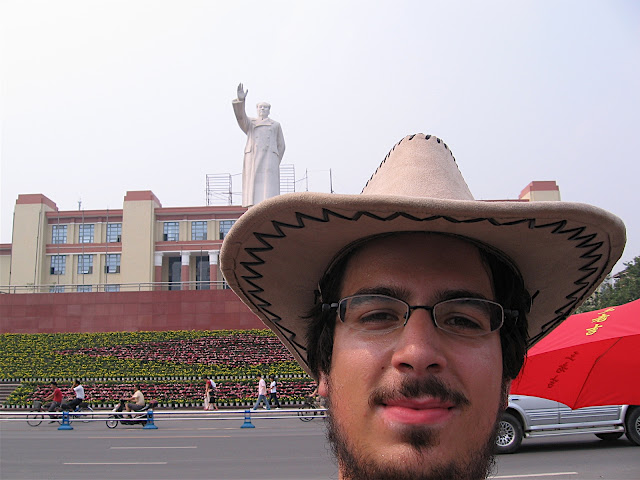In the book, Bernstein makes an interesting parallel between the antique frankincense trade and the modern drug trade. Quoting Pliny, he shows that the growers of southwest Arabia (modern Yemen) did not steal from each other even if there were no guards or fences to protect the valuable trees; they instead relied on a system of honor and integrity which seemed to work. But the wonderful integrity stopped there. City states in Yemen and along the Red Sea coast, Shabwah, Thomna and Marib among others, attempted to monopolize the trade by threatening with the death penalty those who dared try to bypass the official route (and, of course, the official levy).
But even more interesting is Pliny's description of the warehouse at Alexandria, where workers had to undergo strict security checks at the beginning and end of every work day--including taking all their clothes off at the end of the day for inspection--to ensure that they had not stolen any of the precious aromatic. As Bernstein says:
The ancient incense trade was thus no different from modern cocaine and heroine trades: relatively safe around the raw agricultural source, but highly risky around the finished product and its ultimate consumers. -William BernsteinI guess it is not too surprising when you think about it. The growers' wealth depend on the land and is thus fixed, the incentives to steal are lower because it would invariably lead to reciprocal thefts on their own land as well as fights; all of which would lower productivity. The most efficient system is one that recognizes property rights, secured by traditions and more than likely a small justice system established by the local ruler. At the other hand, in cosmopolitan Alexandria, the warehouse workers have no such incentives against stealing and the finished product is much more valuable given its proximity to the buyers; forcing the merchants to invest in security to protect its investment against workers (and, we assume, competitors).




No comments:
Post a Comment